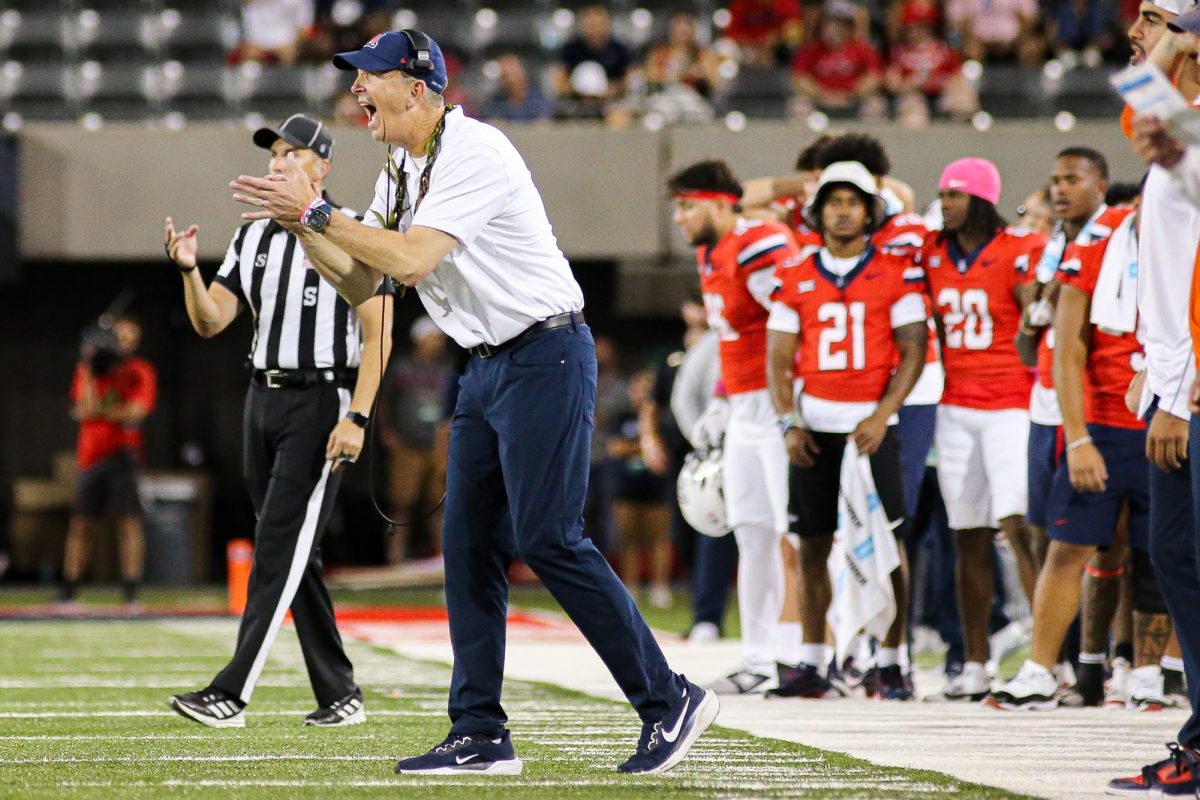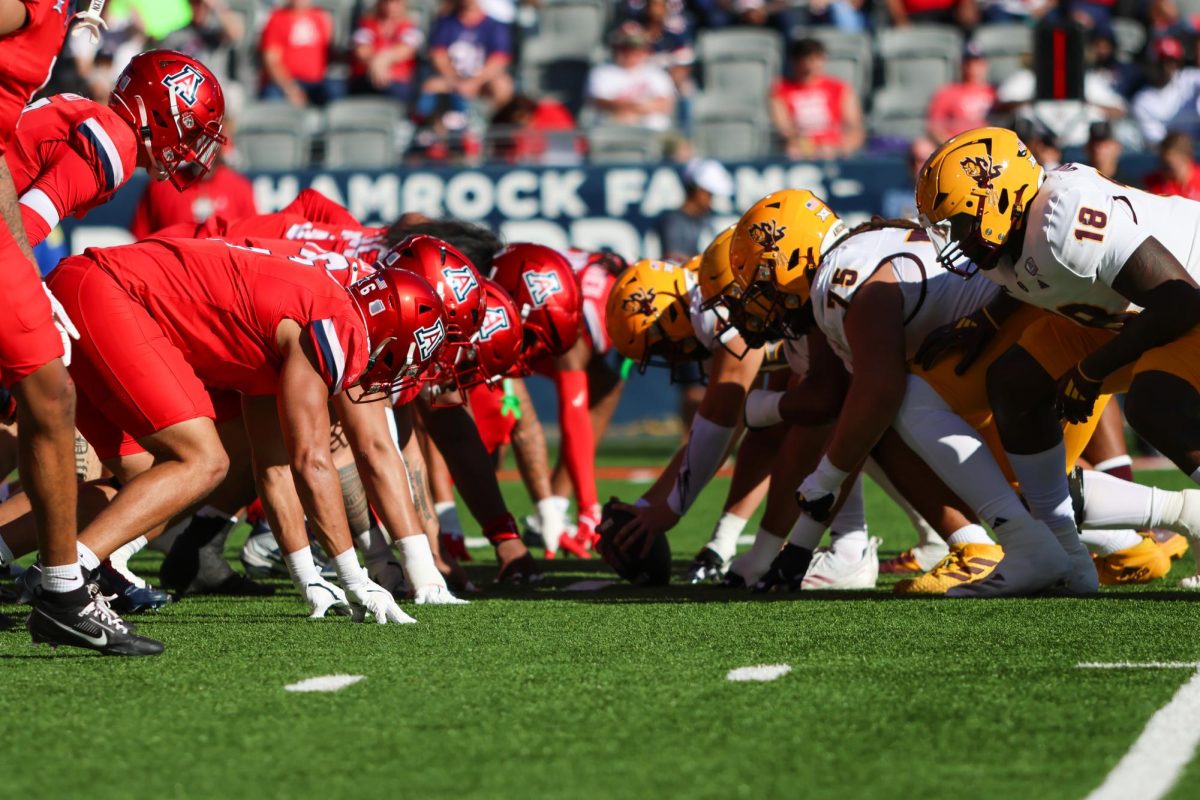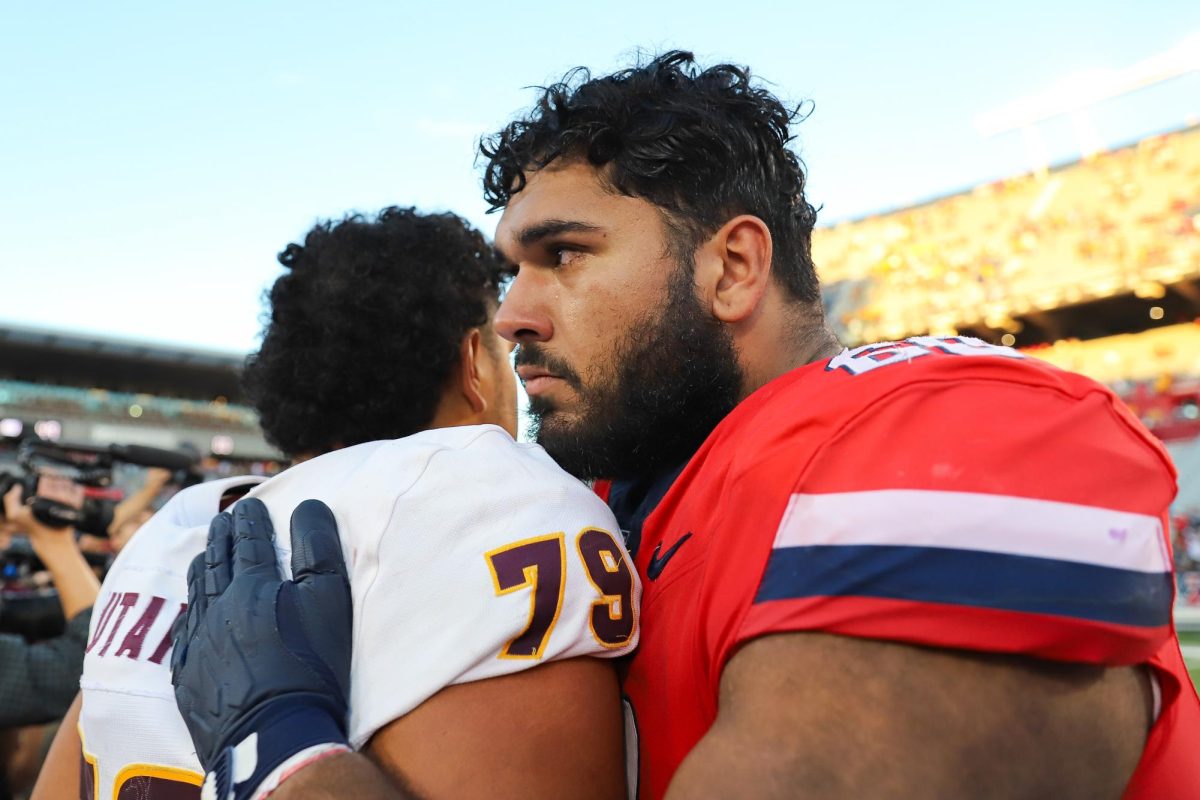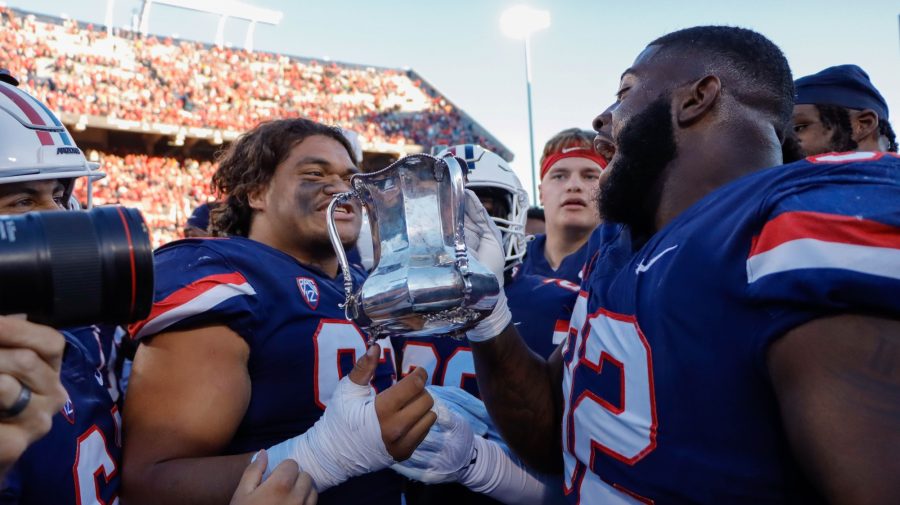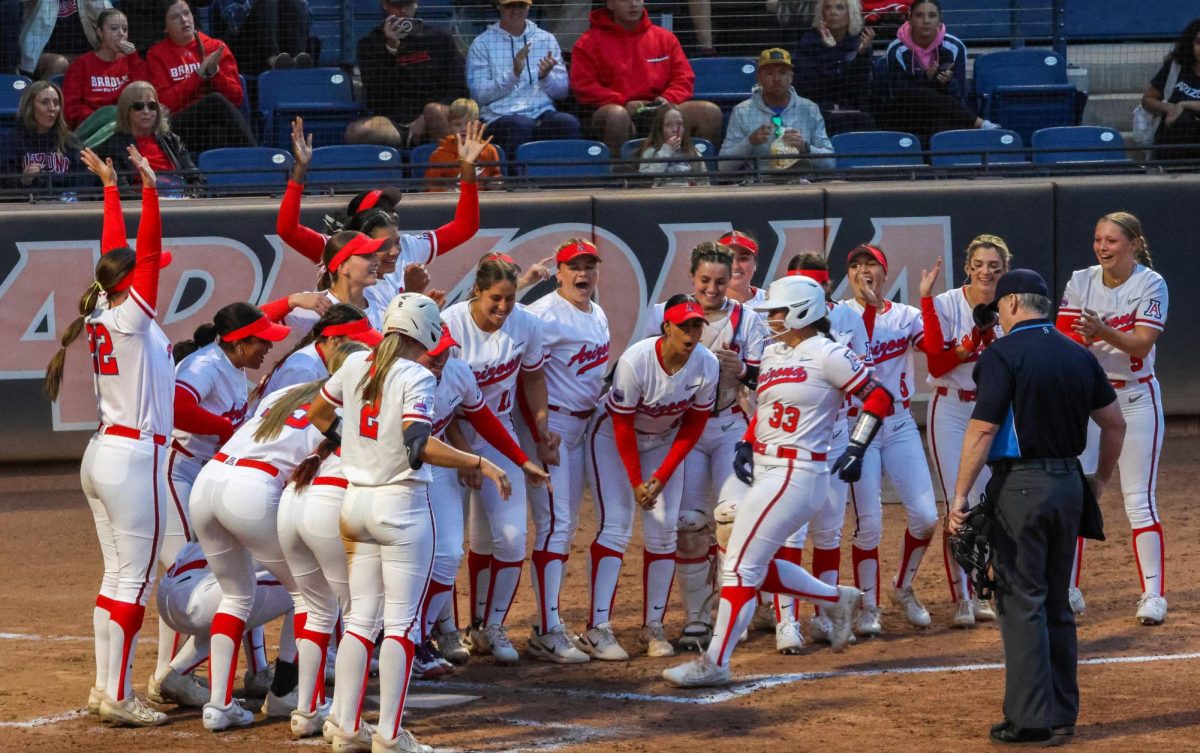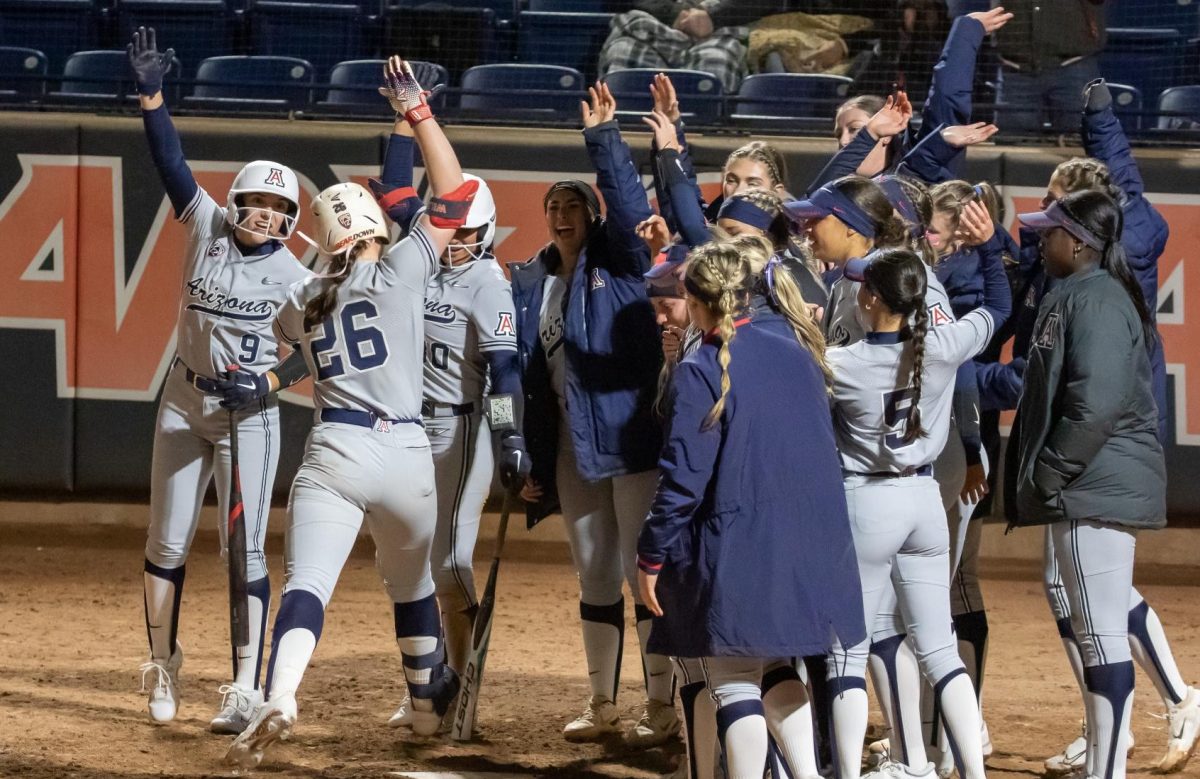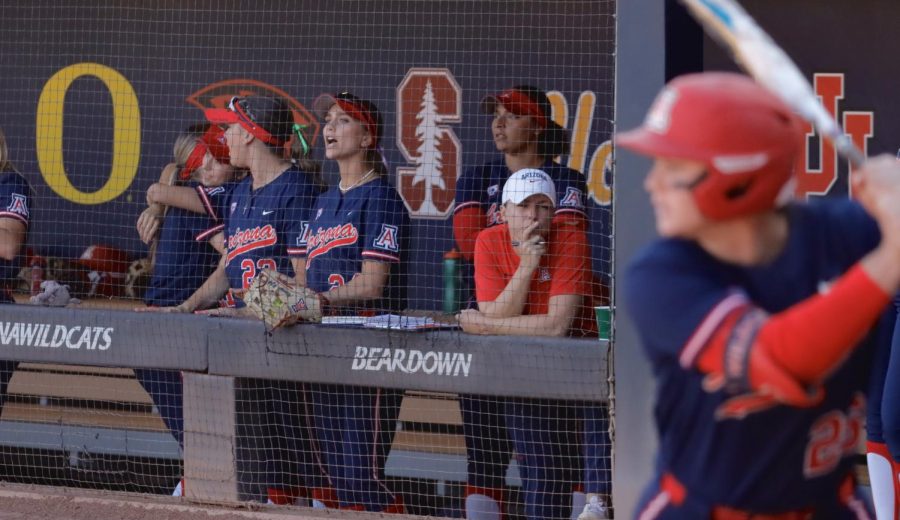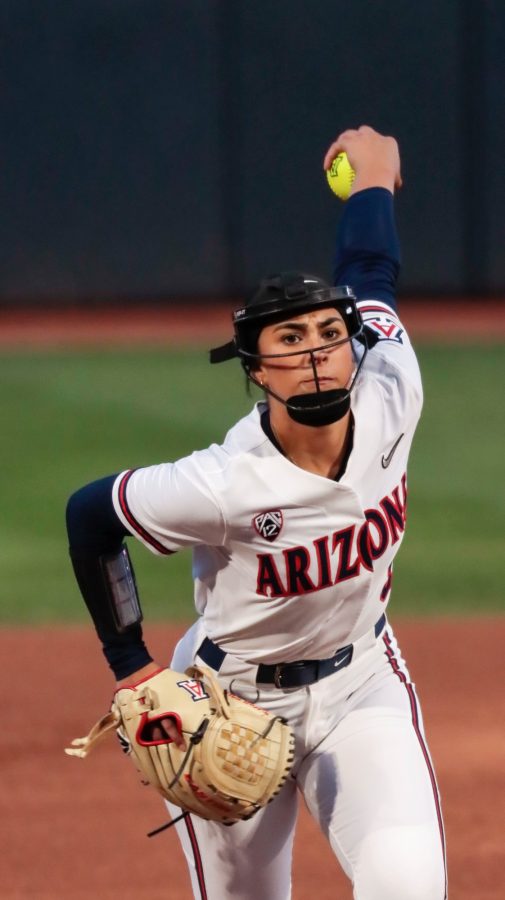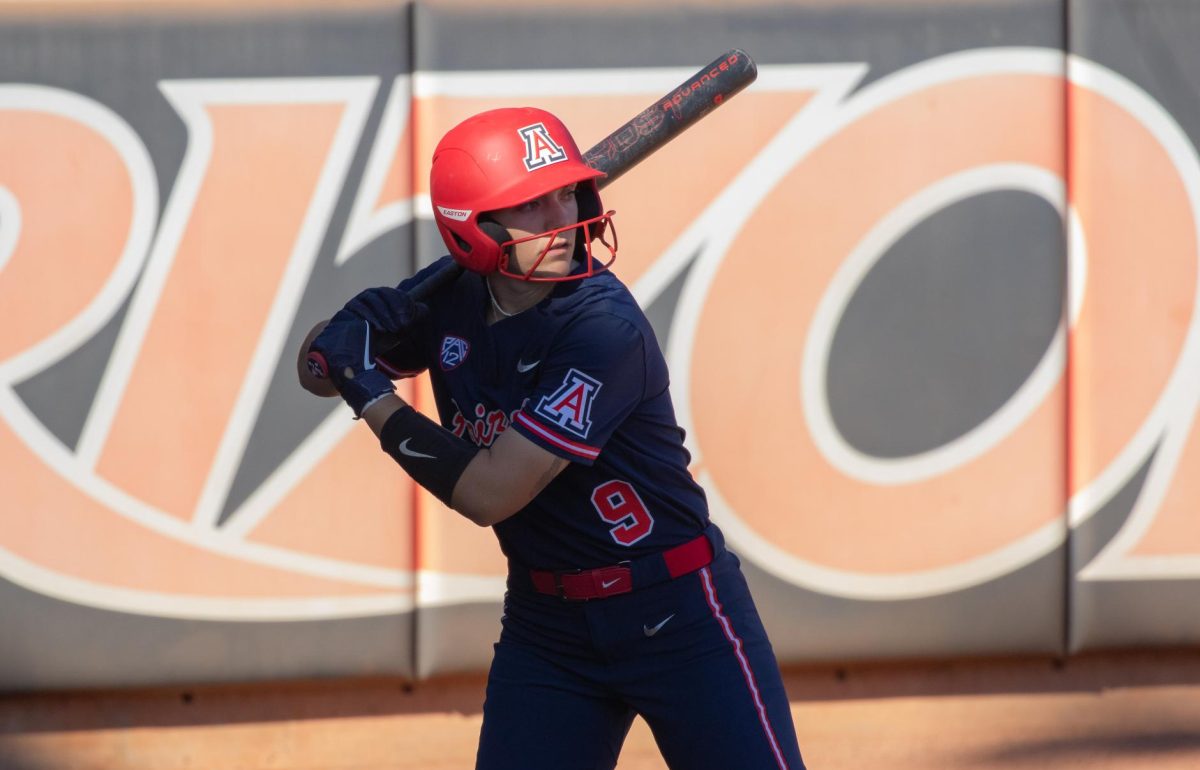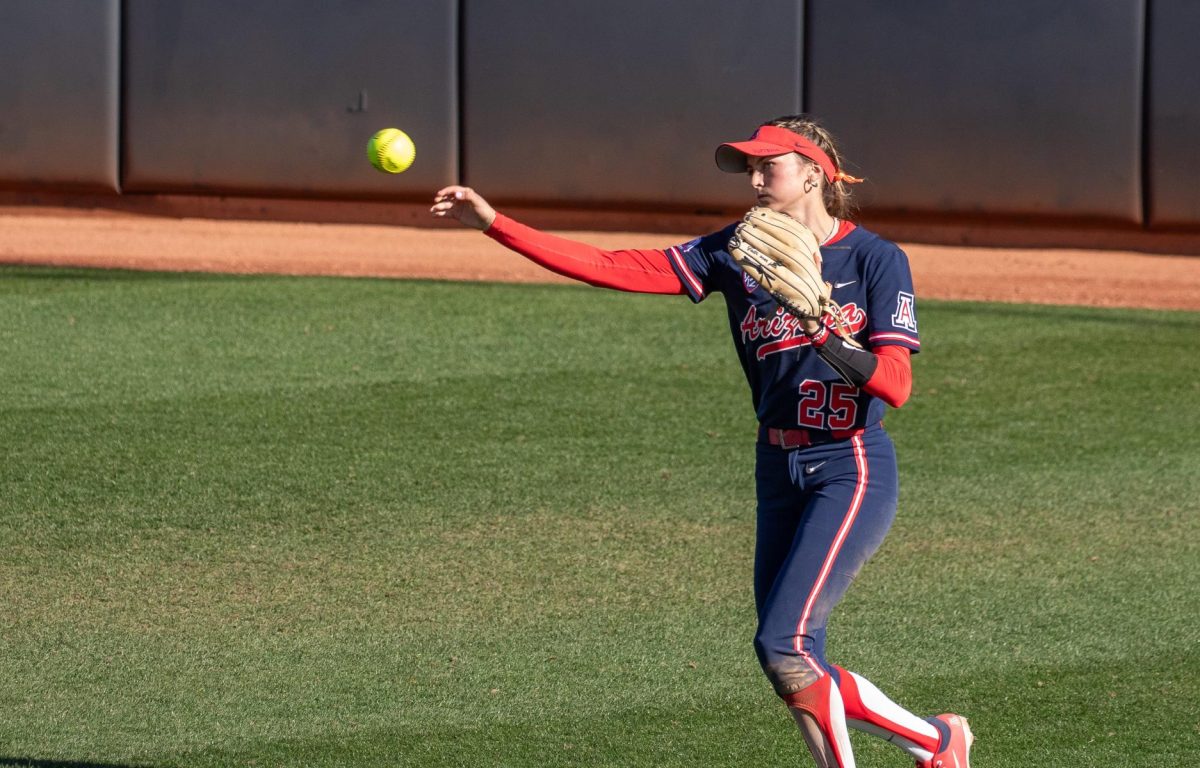Women in the UA and Tucson communities made plaster molds of their breasts last night during the ASUA’s Women’s Resource Center’s first-ever Breast Party, a part of Breast Cancer Awareness Month.
The party also featured a licensed massage therapist who taught the women how to release toxins in their breasts via massage, and a documentary, “”Toxic Bust,”” discussed how chemicals and toxins in the environment could lead to breast cancer.
“”I came because the breast mold sounded like a fun thing to do,”” said Megan Shannon, a sociology junior. “”Breast cancer is also a prominent issue right now, and it’s important to make sure everyone’s aware of it.””
The party’s main goal of the party was to make women aware of the issues impacting them now, said Carly Thomsen, a women’s studies graduate student and director of the Women’s Resource Center.
“”As the documentary discusses, chemicals and toxins in the environment are impacting women’s health,”” Thomsen said. “”We didn’t want the women to feel like passive victims, however, so we also came together to discuss things women can do to change their lives and the lives around them.””
The party also functioned to make women feel more comfortable with their bodies, said Sarah Demers, a women’s studies graduate student and special events coordinator for the Women’s Resource Center.
“”Making the breast molds is a celebration of women’s bodies,”” she said.
“”I came because I support feminist causes and I think it’s important to support breast cancer awareness and help find a cure,”” said Suzanne Murphy, a Tucson resident. “”But my husband’s really excited about the breast mold.””
Approximately 50 women attended the party, and Thomsen said she hopes to continue having breast parties in the future, time and money permitting.
The Women’s Resource Center is comprised of undergraduate and graduate student volunteers and interns, and does not have a paid director, she said.
“”The UA is behind the times,”” Thomsen said. “”ASU and UA are the only schools in the Pac-10 without a paid director at a women’s center.””
Thomsen said she and Demers are working on research and a proposal to convince the UA of the need for such a position.
“”There’s so much energy surrounding what we do at the WRC, but we can’t really fulfill the need of the community with our time and budget constraints,”” Thomsen said. “”With a larger center, budget and a paid staff, we could have more programs, and I think the UA and surrounding community wants that.””



